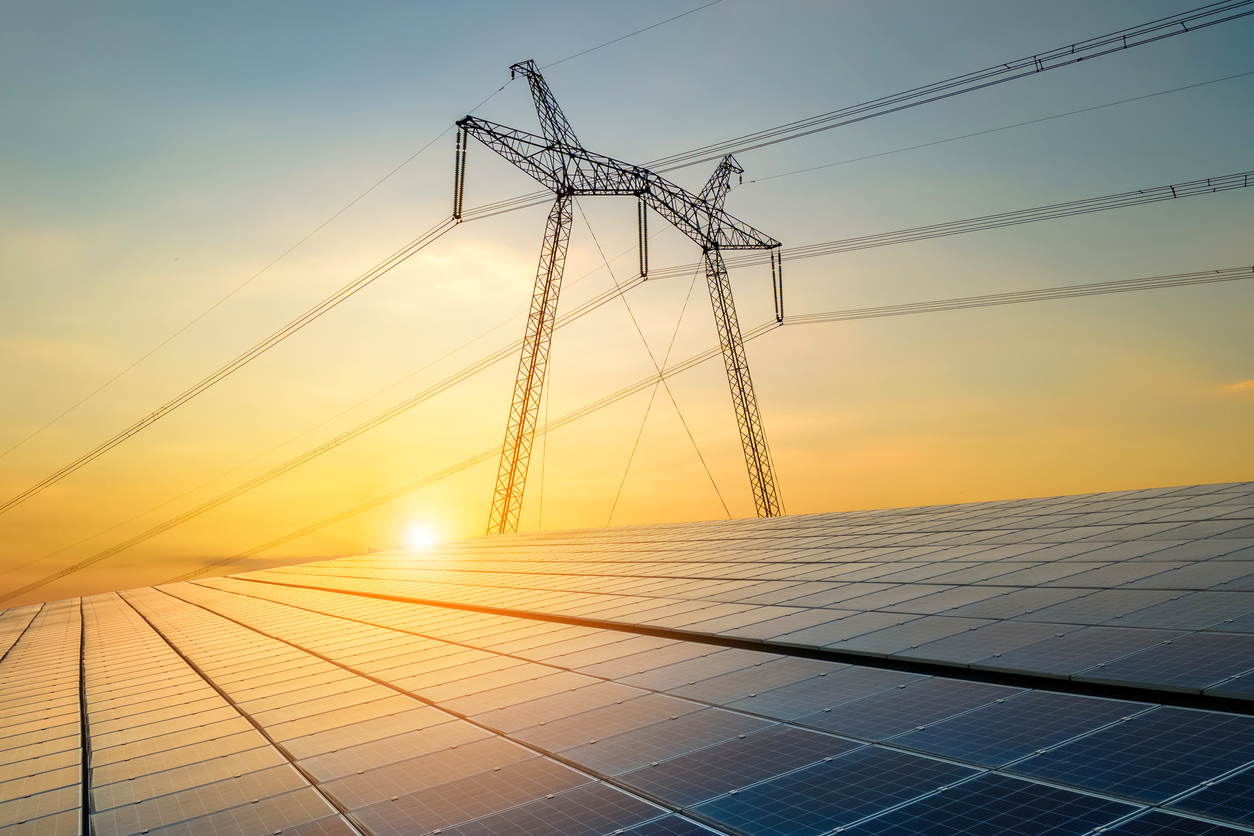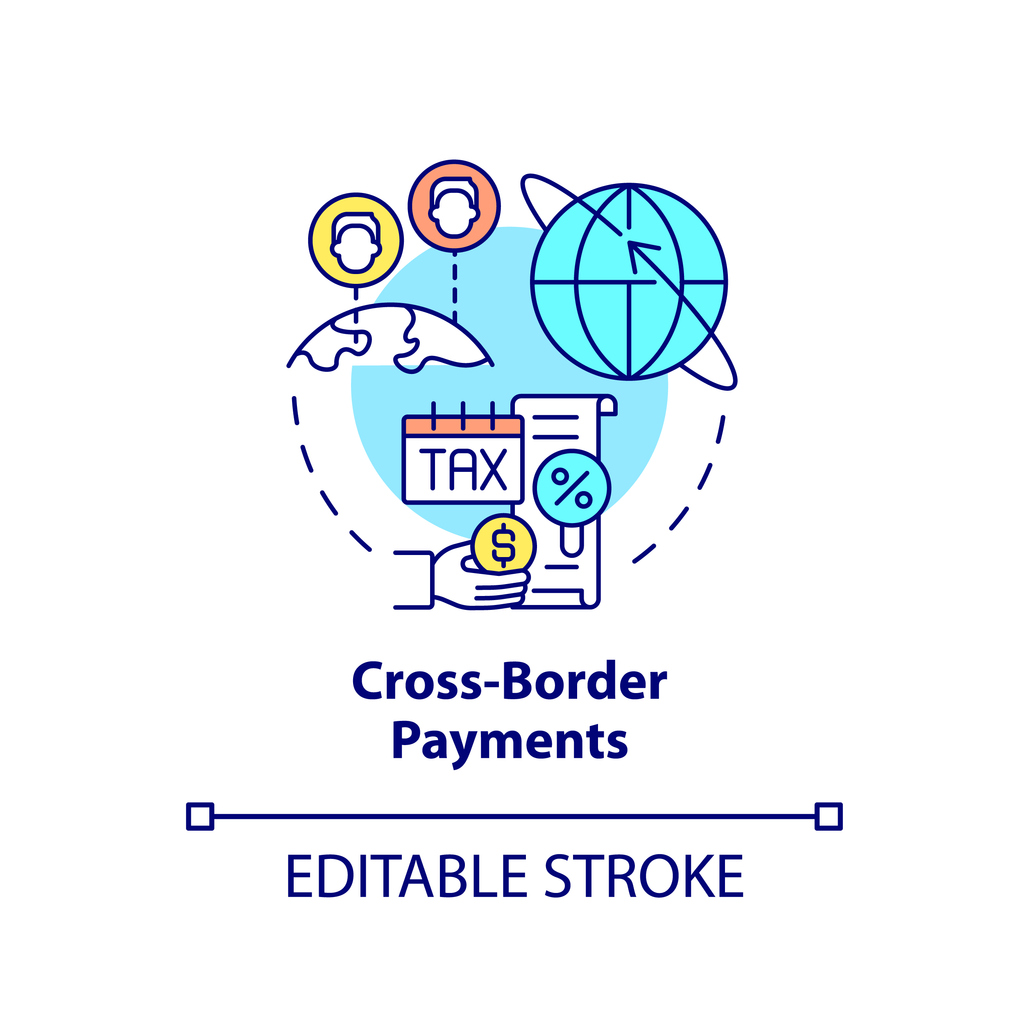Power Transmission and Distribution Services in Nigeria: How to Get the Most Out of Your Investment
Power Transmission and Distribution Services in Nigeria: How to Get the Most Out of Your Investment
The power transmission and distribution services sector in Nigeria is expected to grow by 5% annually over the next few years. As the country continues to work towards improving its electricity supply, there is a huge opportunity for investors looking to enter this market. However, because the industry is becoming increasingly competitive, businesses must adopt a strategic approach when making an investment. This blog post will explain the potential of the power T&D sector in Nigeria and how you can get the most out of your investment.
What is Power Transmission and Distribution?
Power transmission is the process of transporting electricity from power plants to end users, usually via transmission lines. The electricity distribution process, on the other hand, refers to the delivery of electricity from transmission lines to end users, usually via the national grid and local substations. Transmission and distribution companies (T&D) are responsible for the movement of electricity from generation plants to end-users. They have the responsibility of ensuring a continuous supply of electricity to customers, including those who generate their own power. Power T&D companies have a critical role to play in a country’s electricity supply, as they are responsible for sourcing power from generating companies and transporting it to distribution substations. They then distribute the electricity to consumers via the transmission and distribution network. In addition to ensuring continuous power supply, T&D companies are also responsible for the maintenance and upkeep of the transmission and distribution network.
Why is the Nigerian Power Sector Important for Investors?
The Nigerian power sector is crucial for businesses across the country, as the sector currently accounts for about 90% of the country’s demand for electricity. The subsector of transmission and distribution services, in particular, is anticipated to grow by 5% annually over the next few years. With the government’s target of increasing the percentage of electricity generated from the country’s natural endowment, the sector has a promising outlook for investors. In fact, the Nigerian power sector is expected to experience significant growth over the next few years. This means that there will be more investment opportunities in the sector, and more businesses will look to the T&D industry to meet their electricity demand. The increasing demand for electricity in Nigeria will also drive growth in the transmission and distribution sectors. Given the government’s focus on improving the country’s electricity infrastructure and the rising need for electricity across the country, the transmission and distribution sectors will experience a boost in growth over the next few years. This will provide investors with a great opportunity to enter the T&D sector and benefit from its growing popularity.
The Importance of Securing the Right Partners
For businesses that are new to the Nigerian power sector, it’s important to ensure that you find the right partners and form strategic alliances from the very beginning. Although the industry is largely unregulated, the transmission and distribution subsector is highly regulated due to the critical role it plays in the country’s electricity supply. As such, obtaining the necessary licenses and permits to enter the sector will be challenging for businesses new to the market. This means that investors looking to enter the sector should start forming alliances and building relationships with key stakeholders as soon as possible. This will help you navigate the regulations and requirements in the industry, and put you in a better position to acquire the necessary licenses and permits. It will also enable you to identify potential partners and find the right partners for your business.
Opportunities to Invest in Nigeria’s Power Transmission and Distribution Sectors
There are a number of opportunities for investors to enter the power T&D sector in Nigeria. Depending on your investment objectives and the size of your capital, you can either invest in the construction of a new substation or transmission line, or you can buy an existing T&D business. If you want to invest in the construction of a new substation, you will need to seek approval from the Nigerian Electricity Regulatory Commission (NERC). On the other hand, if you want to invest in the construction of new transmission lines, you will need to apply for a licence from the Transmission Company of Nigeria (TCN). If you want to invest in buying an existing T&D business in the country, you will need to make an offer to the current owners of the business. However, given the highly competitive nature of the industry, acquiring an existing T&D business will be challenging.
Conclusion
The power transmission and distribution services sector in Nigeria is poised for growth over the next few years. In order to capitalize on this opportunity, investors must adopt a strategic approach to their investment. This means finding the right partners and securing the necessary licences and permits to operate in the industry. It’s also important to have a good understanding of the country’s electricity infrastructure and its supply and demand dynamics.








LEAVE A COMMENT
You must be logged in to post a comment.